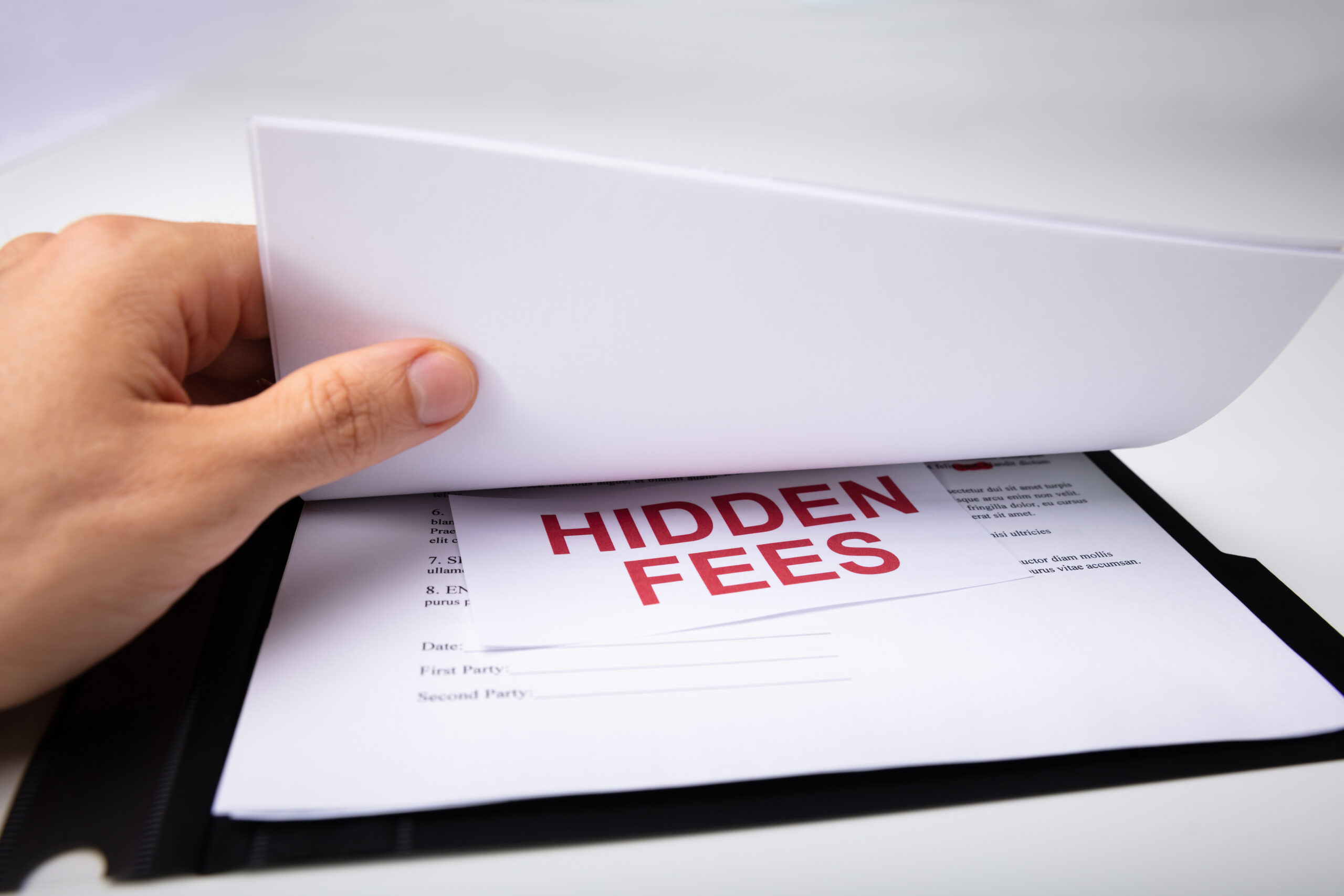Network Usage Fees: A Tax in Search of a Purpose

Pleas from broadband networks for a so-called “fair share” of content providers’ revenue – what some call a “network usage fee” – have reached U.S. shores. As so often happens in the regulation of digital services, these demands appeared last year in Brussels, at the EU Commission, and recently were exported to Washington, DC.
The network usage fee under consideration in the EU could be a government-prescribed fee from as-yet unidentified websites, applications, and services paid to network owners for the purported privilege of allowing content to traverse their transmission facilities. Another variation could be the establishment of some type of universal service regime, where the payments would be amassed by the government and doled out to network owners, having essentially the same effect.
Under any reasonable interpretation, what is being demanded is a tax on data traffic, including content streaming, social media posts, and online shopping. But does the United States need another network tax?
DisCo has previously explained why these demands, which notoriously failed in 2012 at the International Telecommunication Union, should be rejected again. This piece examines whether network usage fees make sense for the U.S., which is in a very different stage of network deployment and telecom regulation.
To begin, it is useful to remember that the traffic flowing over these broadband networks is requested by the end user who is paying monthly bills for high-speed connectivity. Indeed, one might say that consumers’ demand for digital services is what gave network owners the financial incentive to finally build out high-speed connections in the first place. All of these companies share a common goal: giving U.S. consumers a fast, reliable, useful, and safe online experience. The notion, however, that websites and applications are ‘creating’ this traffic is unfounded, as is the argument that they are not themselves paying for broadband service and network infrastructure.
Another relevant point of background: U.S. network owners have received more than $98 Billion from the federal government to deploy and maintain broadband facilities. Many States have supplied their own funding as well. America’s stalwart commitment to broadband might be unmatched in the world.
This background supplies just a few of the reasons that the concept of network usage fees is a poor fit for the United States. There are several more reasons not to import this kind of revenue-extraction mechanism, already shown to be an unnecessary burden on the digital economy of Europe, into our domestic policy:
First, the U.S. already has a Universal Service Fund (USF) that, since 2012, has been used in part to fund broadband networks. As of May 2021, almost $63 million in USF money had been disbursed for broadband. And that funding is in addition to, as mentioned above, the tens of billions that Congress directly appropriated in laws like the CARES Act of 2020 and the Infrastructure Investment and Jobs Act of 2021. A great deal of free, federal money has been, and will continue to be, entrusted¹ to network owners for the purpose of supplying consumers throughout the U.S. with high-speed connectivity to the content and services they love.² It bears mention that, from an economic perspective, awarding an additional source of funding in the form of usage fees will not change network owners’ incentives to invest in infrastructure.
Secondly, unlike in Europe, broadband service providers in the U.S. are not constrained by price regulation. The Telecom Act of 1996 deregulated all cable prices other than for basic cable TV, and high-speed service over the telephone network is within the exclusive, interstate purview of the FCC, which has chosen not to regulate interstate rates. As a result, U.S. end users are paying whatever rates the broadband providers deem appropriate, commonly at a level of $100 a month, with no ceiling. It is difficult to conclude that network owners are strapped for cash.
For these reasons, the U.S. is in a very different position than the EU when it comes to funding broadband networks. In terms of the downsides to adopting network usage fees, another, crucial difference arises:
The EU has had Net Neutrality rules in place since 2015, article 3(3) of which requires broadband providers to “treat all traffic equally … without discrimination, restriction or interference.” That means if a network owner has a dispute with a content provider or a communications application, they can’t just cut them off. But in the U.S., these entities no longer have such protection since the FCC repealed its net neutrality rules in 2017. If U.S. broadband network owners obtain a federally mandated network usage fee to be paid by digital services companies (the FCC calls them “edge providers”), there is no regulatory backstop to prevent network owners from blocking an edge provider that gets behind on its payments.
Aside from the issue of transmission integrity, extracting network usage fees from digital services companies would have immediate and severe competitive consequences. Paying out taxes to any number of broadband providers would all but ensure that start-ups are foreclosed from the market and that young companies would be forced to either find a buyer or exit. Now, some may say that the tax would be assessed on only a chosen few edge providers, but proponents of network usage fees have not been able to articulate a principle – be it the nature of the service, the number of users, or a revenue threshold – for discerning which companies pay and which do not. And as for the notion that U.S. regulators historically have refrained from “picking winners and losers” in any market, it appears that EU advocates might not share that restraint.
The network usage fee concept is rather a new arrival to the U.S. policy arena, and thus there is opportunity to share and discuss concerns such as those raised here. Already, however, at least one federal bill asks whether the USF contribution base should expand, and the FCC issued its Report to Congress that concludes with a request for expanded statutory authority for that very purpose. In addition, last Friday the Universal Service Administrative Company survived a challenge to its ongoing role in administering USF.³ One hopes that, at the outset of this discussion, lawmakers will consider whether usage fees are even necessary for America’s broadband ecosystem, and if so whether their benefits outweigh the obvious harms. The answer in both cases is no.
¹ NTIA publishes an annual Federal Broadband Funding Guide that details, in 300-plus pages, the dozens of broadband funding opportunities that are administered by 14 different federal agencies.
² This presentation is not meant to suggest that America’s broadband network reaches every person and location in the country. The work continues. All indications are that Congress, the States, and many federal agencies will ensure that the funding continues as well.
³ Consumers’ Research, et al. v. FCC, No. 22-60008 (5th Cir. Mar. 24, 2023).








